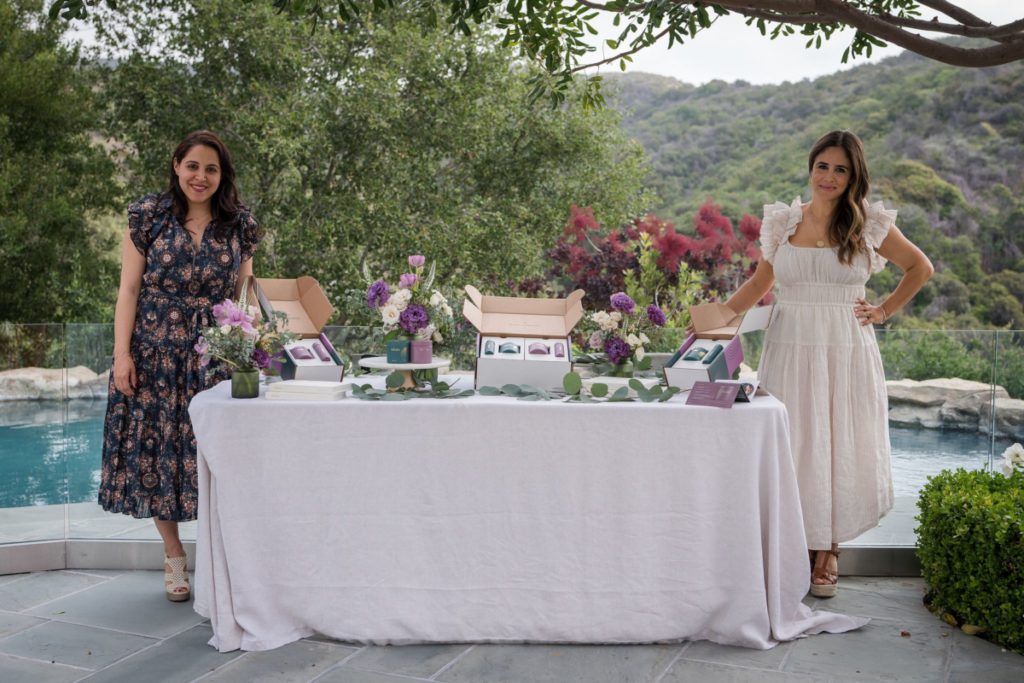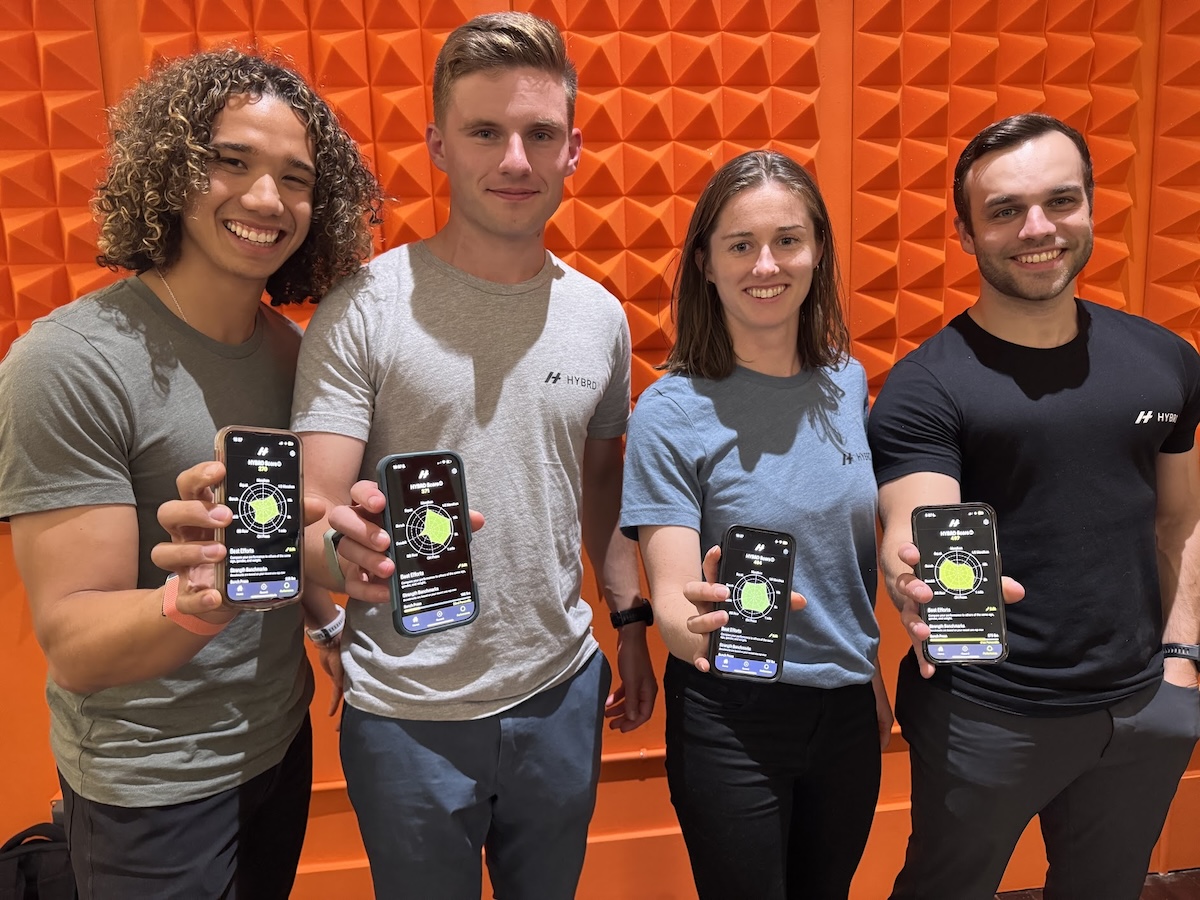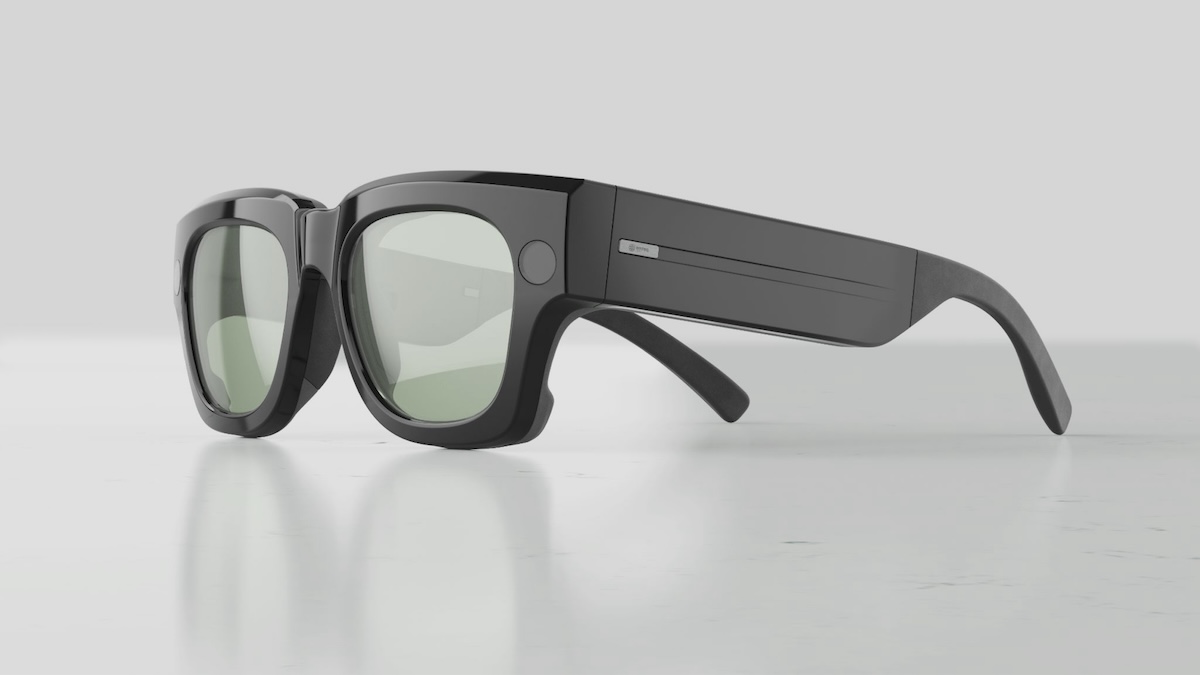In this Q&A, you’ll hear from Ronit Menashe and Vida Delrahim, co-founders of WeNatal, a prenatal supplement service for couples. Ronit and Vida discuss how their own experiences with miscarriage led to the realization that prenatals on the market were missing half of the equation: men.
Can you tell us about what you’re working on at WeNatal?
Ronit Menashe & Vida Delrahim: WeNatal is a prenatal supplement company for women AND men. We’re on a mission to reimagine the gender paradigms around fertility and pregnancy, shifting prenatal care from woman-centered to couples-centered—from Me to We—in order to make a positive impact on the health and well-being of families and their future children.
We are female-founded and backed by industry-leading functional medicine doctors, nutritionists, and fertility experts, including Dr. Mark Hyman and Kelly LeVeque.
While the female prenatal market is saturated, the majority of prenatal supplements overpromise and underdeliver. Our goal is to help couples navigate the increasingly confusing, stressful world of preconception with a trusted product backed by clinical research — at an accessible price.
Unlike most other prenatals on the market, WeNatal is made 100% clean, without synthetic dyes, fillers, preservatives, or artificial ingredients. It was formulated with nutrients that others leave out, such as choline, with functional, bioavailable doses in only three capsules per day.
WeNatal is also the only supplement on the market with a holistic approach for supporting mind and body with simple and effective tools, like the WeNatal Journal that promotes a positive mindset for couples trying to grow and manifest the family of their dreams.
How did you come up with the idea? What key insight led you to pursue this opportunity?
RM/VD: WeNatal was born from our own personal journey with pregnancy loss in early 2020.
The two of us connected on so many life milestones that happen in your 20s—falling in love, getting promoted, getting pregnant, and, unfortunately, going through miscarriages a week apart.
After we experienced loss, we felt helpless and guilty, trying to figure out what we could have done differently. Our doctors told us that miscarriages are common at our age and to “just keep trying.”
We were not satisfied with that response. We quickly dug into the research, which led us to tons of scientific evidence proving there was actually a lot we could do to improve our odds of a healthy pregnancy and healthy child.
The real “aha!” moment came when we realized we were completely oblivious to our husbands’ health, and that 50% of pregnancy loss is a result of sperm quality. We further learned that sperm quality is easy to improve using high-dose antioxidants. And it led to so many questions:
“Why isn’t anyone talking about this?”
“Why is the burden of fertility predominately on women?”
“Why aren’t there prenatal supplements for men if research shows an effective formula could improve sperm quality?”
We had to do something about it and decided to launch a men’s prenatal. And after we learned of the huge gaps in the women’s prenatal space too, we decided to innovate on the women’s prenatal as well.
How did you turn your idea into a company?
RM/VD: We started talking about WeNatal with close friends and family, but we didn’t take action until the day Ronit shared the concept with her brother Ori (a successful entrepreneur and chef/owner of multiple restaurants in Los Angeles). He called her back that same night full of enthusiasm and encouragement.
The validation from someone we both respected so much pushed us to take action and start working on our business plan.
After discussing initial names for our concept, we researched the vital ingredients and missed opportunities for men’s and women’s prenatals and discussed the preconceptions and trends of the market.
Since we both had experience working at Nike, creating a deck was the natural progression. We put our business plan on paper, obsessed over every word and detail, and we were off!
The most important piece of the puzzle was the formula. Something we wanted to ensure was for it to be the best on the market, never sacrificing quality or integrity for cost. Our goal was to make something we felt proud to take and give to our family.
From idea to conception, we focused on the details of our brand and looked for partners, advisors, and vendors who could support our vision and help bring it to life. Getting our first advisor, Dr. Mark Hyman, was instrumental in building our team of experts and perfecting our formula.
Since then, we have built relationships with influential doctors and nutritionists in the functional wellness space, working with these experts to ensure we thought through every bit of research while utilizing all their years of clinical practice.
What we thought would take two to four months to formulate ended up taking well over a year. But, after two-plus years of dreaming, WeNatal came to life at our launch event in late April, where we were surrounded by family, friends, supporters, and our amazing advisory board and team.
How big can this get? What’s the addressable market and how do you go about capturing it?
RM/VD: We estimate our growing market size at $1B. This number captures women’s and men’s supplements and the mindfulness aspect of fertility.
We’re bolstered by a number of growing trends:
- The women’s prenatal supplement market is slated to hit $673 by 2025 globally.
- Immunity-obsessed Americans spent a whopping $7B more on supplements in last year than the year prior.
- The guided journal market is up 40% after eight solid years of double-digit growth due to the rise in personal growth and self-help trends.
Who is the core customer? How are you acquiring customers? And how will you grow the customer base?
RM/VD: We know that women drive 70–80% of all consumer purchasing between their buying power and influence. While we have products for both women and men, we are targeting the female partner primarily.
Our super-user is a 25–45-year-old, educated, and modern woman who is interested in health and wellness. She’s also starting to think about having children, freezing her eggs, or other fertility methods. She enjoys researching the best quality products and is passionate about a natural approach to her health, but she might not have the time to dive into all the details. She is looking for brands she can trust — ones that she knows has her family’s back.
Both having backgrounds in the brand and marketing space, it was important to us to create an elevated brand experience for our subscribers: Make it beautiful, make it easy, and be there for whatever they might need!
Informing our super-user is a big part of it. There is such a lack of education out there on the importance of prenatals and preconception care, so we are super passionate about education through social, blogs, lives, and newsletters.
We also know that many people feel alone during their fertility struggles, so we created communities to support our subscribers. We offer free nutrition consults and created a private Facebook group to create a space for people to ask questions and get support.
Looking at your road map, what are some of the milestones you’re targeting over the next 3-6 months?
RM/VD: We are excited to share that we exceeded our one-year goal in just Q1 alone, and the primary driver is WeNatal Together, our bundle for couples.
Right now, our primary goal is nurturing our current subscribers and making sure that we build a foundation that can support the growth that we are expecting.
We are working to build a village behind our subscribers through the private Facebook page, complementary sessions with our nutrition team, and ongoing content creation to support their journey.
Moving forward, our commitment to this community is to always evolve our products based on the latest evidence-based research to help support our consumers’ fertility journey.
Anything else you’d like to share with readers?
RM/VD: One thing that was very important to us in building WeNatal was sustainability. When we were pregnant, we were throwing out plastic packets every day from the prenatals we were taking. On top of that, we found that we always hid our supplements in the cabinet and then would forget to take them.
We knew we had to reinvent the way we delivered this product, and that started with the jar! Our beautiful glass jars are intended to stay on your counter to make sure they are always top of mind. Every month, you get a packet (made from recycled materials) with your supplements so you can refill your jar, ensuring we are leaving behind a better planet for the healthy little humans we help bring into this world!
If you’re interested in having your company featured in our Startup Q&A series, send an email to team@fitt.co.
 WeNatal
WeNatal



